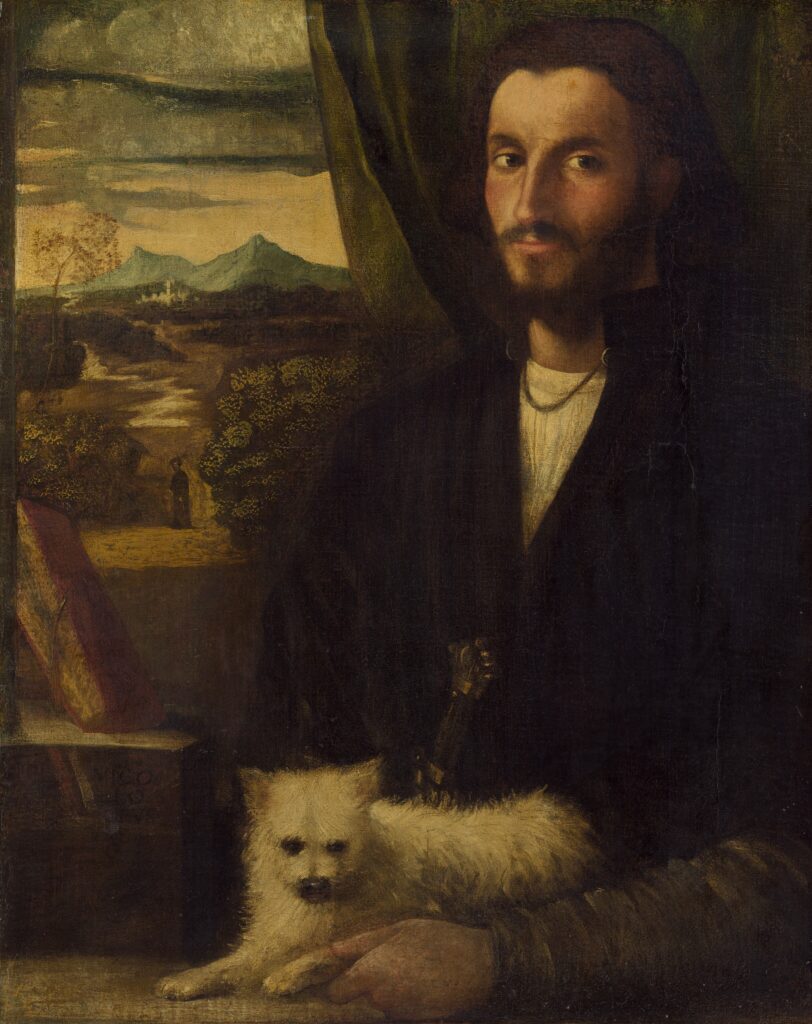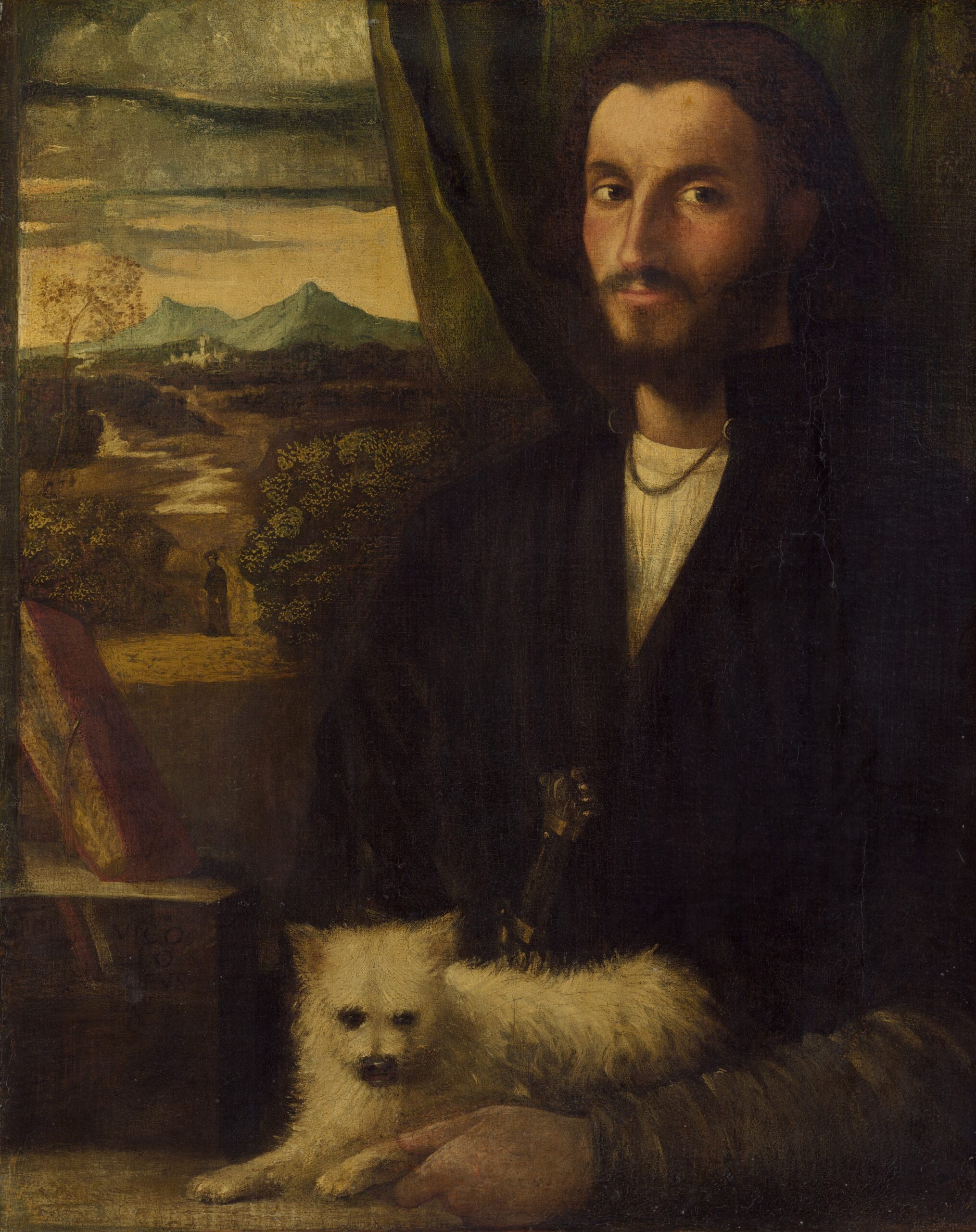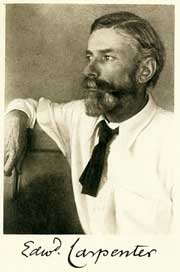
Leonardo da Vinci 「1452-1519」, The Literary Works of Leonardo da Vinci, vol. 1, edited by Jean Paul Richter 「Originally Written in Italian 1452-1516」(London, 1883); Google Books: Online Library of Free eBooks.
Leonardo da Vinci 「1452-1519」, The Noteooks of Leonardo da Vinci, vol. 2 of the second editon of Literary Works, edited by Jean Paul Richter 「Originally Written in Italian 1452-1516」 (London, 1883; Dover:New York, 1970; Google Books: Online Library of Free eBooks;
Although the quote most often used to confirm Leonardo Da Vinci’s vegetarianism actually comes from a 1901 fictional account of his life in Russian by Dimitri Merejkowski, translated into English in 1902 as The Romance of Leonardo da Vinci—
I have from an early age abjured the use of meat, and the time will come when men such as I will look upon the murder of animals as they now look upon the murder of men. (145)
we are assured from a passage in a 1516 letter written by his contemporary Andrea Corsali to Juliano de Medici “that
Leonardo ate no meat, but lived entirely on vegetables
thus forestalling modern vegetarians by several centuries.” (Eugene Muntz, Leonardo da Vinci, Artist, Thinker and Man of Science「1898」, 17)

The passage that speaks of Leonardo’s Vegetarianism
in the original letter 「http://nla.gov.au/nla.ms-ms7860-1-sll」
It is Paul Richter, in the original publication of Leonardo’s Notebooks in 1883, who introduces us to the letter above in a footnote. We are led to believe that Leonardo himself was a vegetarian from the following interesting passage in the first of Andrea Corsali’s letters to Giuliano de ‘Medici: _Alcuni gentili chiamati Guzzarati non si cibano di cosa, alcuna che tenga sangue, ne fra essi loro consentono che si noccia ad alcuna cosa animata, come il nostro Leonardo da Vinci (130),” which Kenneth Clark in Leonardo Da Vinci, His Development as an Artist 「1939」 translates as—”a certain tribe ‘so gentle that they do not feed on anything which has blood, nor will they allow anyone to hurt any living thing, like our Leonardo da Vinci’.
Giorgio Vasari, a contemporary biographer assures us of Leonardo’s humanity. “He was indeed fond of all animals, even treating them with infinite kindness and consideration ; as proof of this it is related, that when he passed places where birds were sold, he would frequently take them from their cages, and having paid the price demanded from them by the sellers, would then let them fly into the air, thus restoring to them the liberty they had lost. (Giorgio Vasari, Lives of the Most Eminent Painters, Sculptors, and Architects 「1550」, “Leonardo da Vinci,” 370)
Leonardo da Vinci 「1452-1519」, The Literary Works of Leonardo da Vinci, vol. 1, edited by Jean Paul Richter 「Originally Written in Italian 1452-1516」 (London, 1883); Google Books: Online Library of Free eBooks.
Leonardo da Vinci 「1452-1519」, The Noteooks of Leonardo da Vinci, vol. 2 of the second editon of Literary Works, edited by Jean Paul Richter 「Originally Written in Italian 1452-1516」 (London, 1883; Dover:New York, 1970; Google Books: Online Library of Free eBooks;
Leonardo da Vinci, Notebooks
Further confirming Leonardo’s humane feelings towards animals are anecdotes, musings, thoughts, and ideas about animals found throughout Leonardo’s notebooks. Describing man, he finds “we are of almost the same species, as Apes, Monkeys and the like…” (816). In “Studies on the Life and Habits of Animals” (1220-1264), Leonardo ascribes emotional and moral characteristics to animals, suggesting perhaps the superiority of some over men: “The huge elephant has by nature what is rarely found in man; that is Honesty, Prudence, Justice…” (1245-1248).
844. King of the animals—as thou hast described him—I should rather say king of the beasts, thou being the greatest—because thou hast spared slaying them, in order that they may give thee their children for the benefit of the gullet, of which thou hast attempted to make a sepulchre for all animals; and I would say still more, if it were allowed me to speak the entire truth.…Now does not nature produce enough simples, for thee to satisfy thyself? (Leonardo Da Vinci, Notebooks, 844)
Leonardo’s Prophecies
“Leonardo’s Prophecies were…descriptions of ordinary every-day happenings, so worded as to sound like appalling catastrophes.…I believe that Leonardo has taken advantage of this form to express his own convictions. Many describe acts of cruelty and injustice which sound unbelievable, until the ‘key’ tells us that they refer to animals.…Knowing from contemporary sources of Leonardo’s love of animals, we can be sure that such ‘prophecies’ as these are not mere jokes, but represent his refusal to take as a matter of course the suffering which man’s technical skill has allowed him to inflict on other animals (Kenneth Clark, Leonardo da Vinci, His Development as an Artist, 「1939」, 65-6.).
Of the Cruelty of Man
Animals will be seen on the earth who will always be fighting against each other with the greatest loss and frequent deaths on each side. And there will be no end to their malignity; by their strong limbs we shall see a great portion of the trees of the vast forests laid low throughout the universe; and, when they are filled with food the satisfaction of their desires will be to deal death and grief and labour and wars and fury to every living thing; and from their immoderate pride they will desire to rise towards heaven, but the too great weight of their limbs will keep them down. Nothing will remain on earth, or under the earth or in the waters which will not be persecuted, disturbed and spoiled, and those of one country removed into another. And their bodies will become the sepulture and means of transit of all they have killed. O Earth! why dost thou not open and engulf them in the fissures of thy vast abyss and caverns, and no longer display in the sight of heaven such a cruel and horrible monster. (Leonardo Da Vinci 「1452-1519」, Prophecies, “Of the Cruelty of Man”)
And many others will be deprived of their store and their food, and will be cruelly submerged and drowned by folks devoid of reason. Oh Justice of God! Why dost thou not wake and behold thy creatures thus ill used? (Leonardo Da Vinci 「1452-1519」, Prophecies, “Of Bees”)
Endless multitudes of these will have their little children taken from them ripped open and flayed and most barbarously quartered. (Leonardo Da Vinci 「1452-1519」, Prophecies “Of Sheep, Cows, Goats and the Like”)
O Nature! Wherefore art thou so partial; being to some of thy children a tender and benign mother, and to others a most cruel and pitiless stepmother? I see children of thine given up to slavery to others, without any sort of advantage, and instead of remuneration for the good they do, they are paid with the severest suffering, and spend their whole life in benefitting those who ill treat them. (Leonardo Da Vinci 「1452-1519」, Prophecies “Of Asses that are Beaten”)
The natives of the waters will die in the boiling flood. (Leonardo Da Vinci 「1452-1519」, Prophecies “Of Boiled Fish”)
Many dead things will move furiously, and will take and bind the living, and will ensnare them for the enemies who seek their death and destruction. (Leonardo Da Vinci 「1452-1519」, Prophecies “Of Snares and Traps”)
That shall be brought forth out of dark and obscure caves, which will put the whole human race in great anxiety, peril and death. To many that seek them, after many sorrows they will give delight, and to those who are not in their company, death with want and misfortune. This will lead to the commission of endless crimes; this will increase and persuade bad men to assassinations, robberies and treachery, and by reason of it each will be suspicious of his partner. This will deprive free cities of their happy condition; this will take away the lives of many; this will make men torment each other with many artifices deceptions and treasons. O monstrous creature! How much better would it be for men that every thing should return to Hell! For this the vast forests will be devastated of their trees; for this endless animals will lose their lives. (Leonardo Da Vinci 「1452-1519」, Prophecies “Of Metals”)
The masters of estates will eat their own labourers. (Leonardo Da Vinci 「1452-1519」, Prophecies “Of Oxen, which are Eaten”)
Those who nourish them will be killed by them and afflicted by merciless deaths (Leonardo Da Vinci 「1452-1519」, Prophecies “Of Things which are Eaten and which are First Killed”)
Oh! how many will they be that never come to the birth! (Leonardo Da Vinci 「1452-1519」, Prophecies “Of Eggs which are Being Eaten Cannot Form Chickens”)
Endless generations will be lost by the death of the pregnant. (Leonardo Da Vinci 「1452-1519」, Prophecies “Of Fishes which are Eaten Unborn”)
The severest labour will be repaid with hunger and thirst, and discomfort, and blows, and goadings, and curses, and great abuse. (Leonardo Da Vinci 「1452-1519」, Prophecies “Of Asses”)
Those who give light for divine service will be destroyed. (Leonardo da Vinci 「1452-1519」 , Prophecies “The Bees which make the Wax for Candles”)
Leonardo da Vinci 「1452-1519」, The Literary Works of Leonardo da Vinci, edited by Jean Paul Richter 「Originally Written in Italian 1452-1516」 (London, 1883); Online at Google Books.
「1516」 Andrea Corsali “Lettera di Andrea Corsali allo illustrissimo Principe Duca Juliano de Medici, venuta Dellindia del mese di Octobre nel XDXVI Online at the National Library of Australia.
「1550」 Giorgio Vasari, “Leonardo da Vinci” in vol. 1 of Lives of the Most Eminent Painters, Sculptors, and Architects 「Written in Italian, 1550; First English Edition: London, 1850-52」 (London, 1871); Online at Google Books.
「1898」 Eugene Muntz, Leonardo da Vinci, Artist, Thinker and Man of Science, (London, 1898); Online at Google Books.
「1901」 Dimitri Merejkowski, The Romance of Leonardo da Vinci, 「Translation from the Russian of The Resurrection of the Gods, 1901」 translated by Herbert Trent; First English Editon: 1902」 (London, 1903); Online at Google Books.
「1904」 Edward McCurdy, Leonardo da Vinci 「First Edition: 1904」 (London, 1908); Online at Google Books.
「1939」 Kenneth Clark, Leonardo da Vinci, His Development as an Artist (New York, 1939).
「2002」 David Hurwitz’s essay, “Leonardo da Vinci’s Ethical Vegetarianism,” (2002 Jul 19), which explores “da Vinci’s refusal to consume animals and his recognition of the cruelty of mistreating them,” was most helpful in researching the information for this page and an excellent source of additional information on this topic.
「2004」 Maike Vogt-Lüerssen, “Leonardo Da Vinci, A New Self-Portrait Found” http://www.kleio.org/leonardo/leonardoE2.htm” Vogt-Lüerssen asserts that in the course of her research for the book, “Who is Mona Lisa? In Search of Her Identity,” has identified a “a new portrait of Leonardo da Vinci…which was painted between 1475 and 1480”.
The painting “Portrait of a Man with a Dog”「is」 wrongly attributed to Cariani. You may not be aware of it, but let me assure you, the National Gallery of Art is in possession of the only known self-portrait of Leonardo da Vinci! (Maike Vogt-Lüerssen, “Leonardo Da Vinci, A New Self-Portrait Found”)




